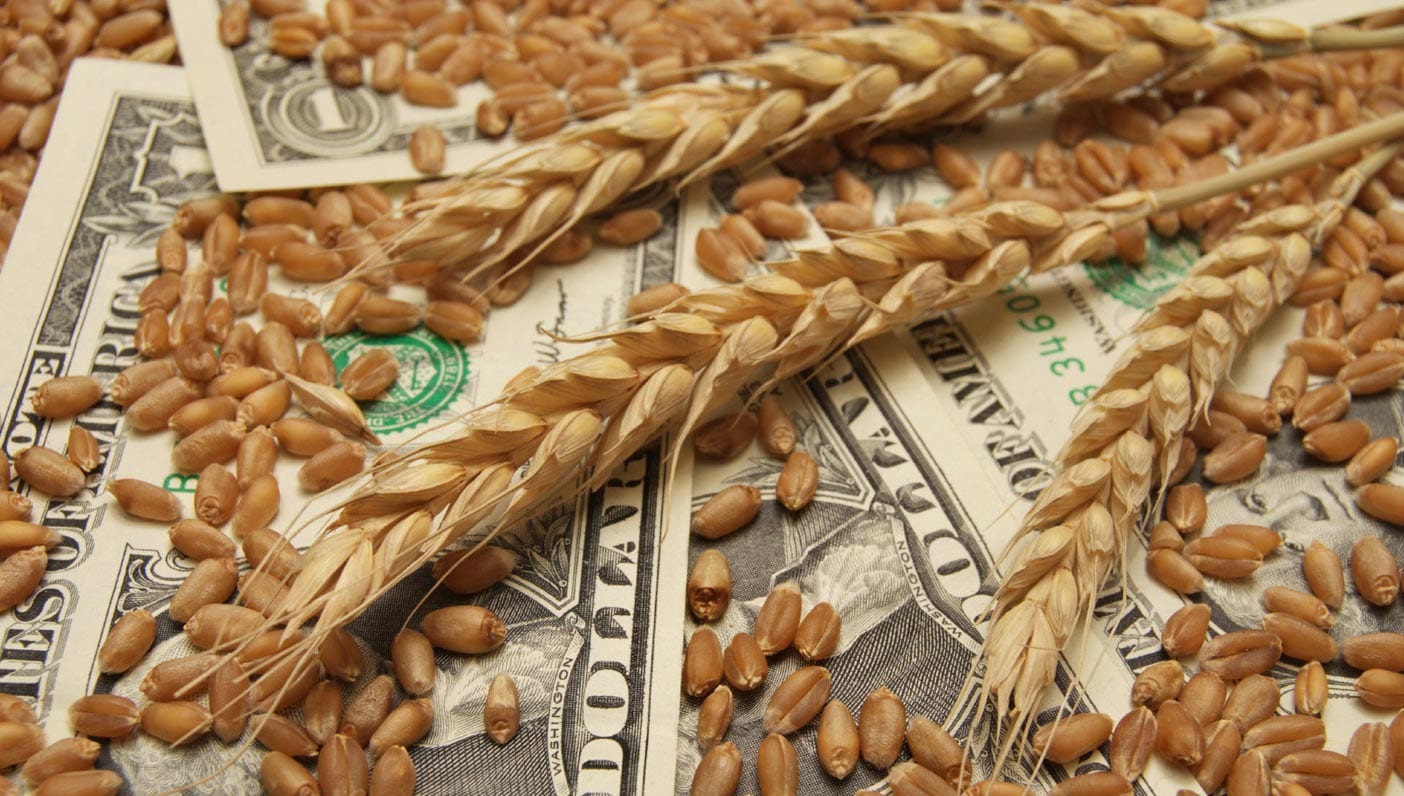
The Safe and Accurate Food Labeling Act is a bill that could impact our food system and the health of our planet for decades. The goal of this act is to prevent individual states from requiring food producers to label any and all genetically modified organisms (GMOs) in the food they produce. This would apply to farmers, large and small-scale producers, and corporate food manufacturers.
While the act has the support of Big Agriculture companies like Monsanto, Dole, DuPont, and BASF, it has been met with significant backlash from those who care about transparency in food labeling. Opponents of the Safe and Accurate Food Labeling Act have even given it a nickname: the DARK Act, for Deny Americans the Right to Know. If this bill passes, the FDA will have the power to prevent states from labeling GMOs in our food, which opponents say would deny the American public their right to know what they’re eating. As of this article’s publication date, the bill has passed the House and is in the Senate.
The DARK Act is Big Agriculture’s response to California Proposition 37, which was submitted in the 2012 California elections as a bill to mandate food producers in California to label genetically modified foods and genetically modified food ingredients. The public fought hard to get this law passed, and millions of dollars of support came in from the public and conscious companies, such as Dr. Bronner’s and Annie’s. Unfortunately the bill didn’t pass, thanks in no small part to the expansive financial resources Big Ag put toward lobbying and advertising campaigns.
A handful of other states, including New Jersey, Connecticut, and Vermont, are pushing to require food producers to label genetically modified ingredients in their food even after Proposition 37 was voted down in California. But if the DARK Act passes, no state would be allowed to set its own laws regarding labeling of GMOs, and Big Ag companies are donating millions of dollars to the U.S. government to influence our politicians to vote in favor of the bill.
Those who support labeling and food transparency say that the bill is a sign that the Grocery Manufacturers Association and biotech seed developers fear growing consumer distrust of GMO foods. „What’s clear is that the food industry and agrochemical companies are willing to do whatever it takes to keep consumers in the dark,“ Colin O’Neil, director of government affairs for the Center for Food Safety, told CNBC.
But why do we care if there are GMOs in our food, anyway? Scary things are happening in the genetic modification of food. Scientists are putting fish genes in our tomatoes, creating fruits and vegetables that never expire, and exposing us to unknown effects on human health. One study has shown that genetically modifying a plant may increase the toxicity of the plant. There is also a concern that new resistant strains of bacteria could be formed as a result of genetically modifying food.
Farmers are also feeling the sting of genetically modified crops, as genetically modified pollen may breed with pollen from non-GMO plants and cause a non-GMO plant to contain some genetically modified cells. Genetically modified plants also secrete a toxin into the soil through their roots that kills beneficial soil life and can leach back into our water streams, affecting human health.
Thankfully, an outpouring of support from food transparency advocates prevented the addition of a policy rider in the must-pass federal spending bill in December 2015 that would have prevented states from implementing GMO labeling laws. While this is a milestone victory, the battle is not over yet. Congress will still vote this year on whether to enact the Safe and Accurate Food Labeling Act, and Big Ag will be pushing harder than ever.
Many organizations have launched initiatives aimed at blocking the DARK Act. The Organic Consumers Organization has a campaign called Millions Against Monsanto that is looking to identify people who are willing to start public rallies in their communities. Food Democracy Now is raising money to fight the DARK Act and ralling people to call their representatives and ask them to vote against the bill.
Whatever you choose to do, know that your voice, your dollars, your activism, and your support can make a difference in defeating the DARK Act.
—
Michael Forman is a native of Bronx, New York, and has lived in New York City for almost his entire life. He is the executive farm director of Pure Love Organic Farms, an organic, urban farm that he and three other friends created in 2012 from a former garbage dump site. Michael also works as the North American account manager for Totally Green in the sustainable technologies field.
